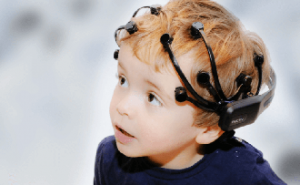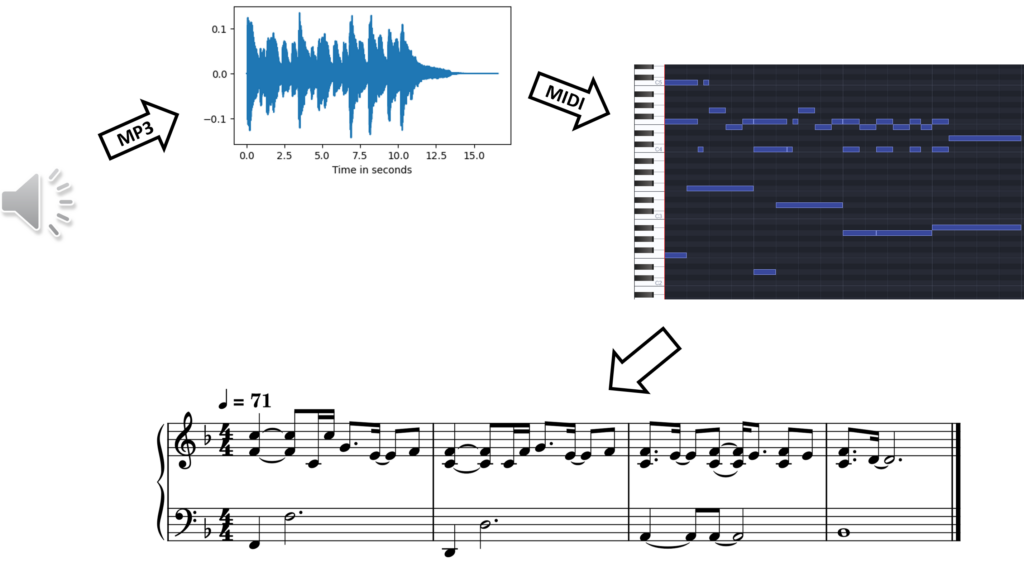Brain-controlled robot navigation using EEG signals
Master's level project (“Projektarbeit"), may be offered either as a single- or a two-semester project
Prerequisites: Knowledge of digital signal processing and basic knowledge about statistical signal processing and machine learning. Programming skills in Matlab/Python.


Emotiv EEG data set (image credit: emotiv.com) and GoPiGo (source: https://gopigo.io/gopigo/)
First meeting in Summer Semester 2024: Tuesday, 9 April 2024, 15:30h in P1.7.13.4
Contact: Tanuj Hasija & Isabell Lehmann
Background
The idea of moving and controlling objects with your mind may seem a thing of science fiction. However, with portable Electroencephalogram (EEG) devices and powerful data processing algorithms, it is possible to make this a reality. EEG devices such as the Emotiv headset (see figure) detect small electrical changes in the brain using electrodes and send this data wirelessly to a processing device like a laptop or a mobile phone. This setup can be used to develop brain computer interfaces (BCI), which can be applied in a plethora of applications such as virtual reality, tourism, improving lives of disabled people etc. Moreover, with the advent of improved data science tools, we are better equipped for processing and learning the data generated from these devices.
Your task
In this project, you will develop an end-to-end BCI to control a robot using brain signals only. You will collect your own brain data in response to commands such as move forward, left, right or rotate. This data can be analyzed and processed to extract meaningful features, for example, by applying Fourier transformation to acquire brain activity at different frequency bands. The extracted features can then be fed to machine learning tools such as support vector machines (SVM), deep neural networks (DNN) to train and classify the data into different commands to move a simulated robot on a computer. After successful training, the developed system can be applied for a real-time robot control. For this task, the GoPiGo robot will be provided to you. It consists of a Raspberry Pi along with a number of sensors for effective navigation.
Notentranskriptor: MP3 zu MIDI
Bachelor Projekt-/Proseminar
Voraussetzungen: Signaltheorie. Programmiererfahrung in Python von Vorteil, aber nicht unbedingt notwendig.

Erstes Treffen im Sommersemester 2024: Dienstag, 16. April 2024, 13:30 Uhr in P1.7.13.4
Kontakt: Isabell Lehmann
Hintergrund
In diesem Bachelor Projekt-/Proseminar sollen MP3-Dateien zu MIDI konvertiert werden. Jede Note entspricht einer Frequenz, z.B. 440Hz für den Kammerton A. Mithilfe der Short-Term Fourier-Transformation können die gespielten Frequenzen zu verschiedenen Zeitpunkten erkannt werden und so die gespielten Noten über die Zeit aufgetragen werden.
Was wirst du lernen/anwenden?
- Signaltheorie: FFT/STFT
- Signalverarbeitung: Peak detection
- Programmieren in Python
- Verschiedene Dateiformate (MP3, MIDI)
